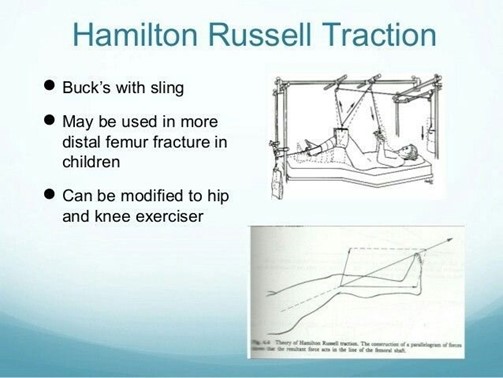A nurse in an urgent care centre is caring for a client who fell and injured her ankle. The ankle appears swollen and ecchymotic. Which of the following interventions should the nurse take? (Select all that apply)
Apply a compression bandage to the client's ankle.
Apply heat to the client's ankle.
Encourage range of motion of the client's foot.
Elevate the client's foot.
Check the client's toes for color, temperature, and sensation.
Correct Answer : A,D,E
These are the correct interventions that the nurse should take. Applying a compression bandage to the client's ankle can help reduce swelling and provide support to the injured area. Elevating the client's foot can also help reduce swelling by promoting venous return. Checking the client's toes for color, temperature, and sensation is important to assess for any potential nerve or vascular damage.
Applying heat to the client's ankle is not recommended as it can increase swelling and inflammation. Encouraging range of motion of the client's foot is also not recommended as it can cause further injury to the affected area.
Nursing Test Bank
Naxlex Comprehensive Predictor Exams
Related Questions
Correct Answer is A
Explanation
The nurse should tell the newly licensed nurse that Russell's traction uses a sling under the knee to treat a fracture of the femur. Russell's traction is a type of skin traction that is used to immobilize and align a fractured femur. It involves placing a sling under the knee and applying weights to the affected leg to provide continuous traction.
Russell's traction does not use a cervical halter, skeletal pins, or a pelvic girdle belt. A cervical halter is used to treat neck injuries. Skeletal pins are used in skeletal traction to stabilize fractures. A pelvic girdle belt is used to treat lower back pain.

Correct Answer is ["A","B","C"]
Explanation
The nurse should identify absence of pulse, altered sensation of the toes, and cool skin as possible manifestations of compartment syndrome. Compartment syndrome is a serious condition that can occur following surgery or injury. It is characterized by increased pressure within a muscle compartment that can lead to decreased blood flow and nerve damage.
Pain relieved by narcotics and capillary refill of 1 second are not manifestations of compartment syndrome. Pain relieved by narcotics is a normal response to pain medication. Capillary refill of 1 second is within the normal range and does not indicate compartment syndrome.
Whether you are a student looking to ace your exams or a practicing nurse seeking to enhance your expertise , our nursing education contents will empower you with the confidence and competence to make a difference in the lives of patients and become a respected leader in the healthcare field.
Visit Naxlex, invest in your future and unlock endless possibilities with our unparalleled nursing education contents today
Report Wrong Answer on the Current Question
Do you disagree with the answer? If yes, what is your expected answer? Explain.
Kindly be descriptive with the issue you are facing.
